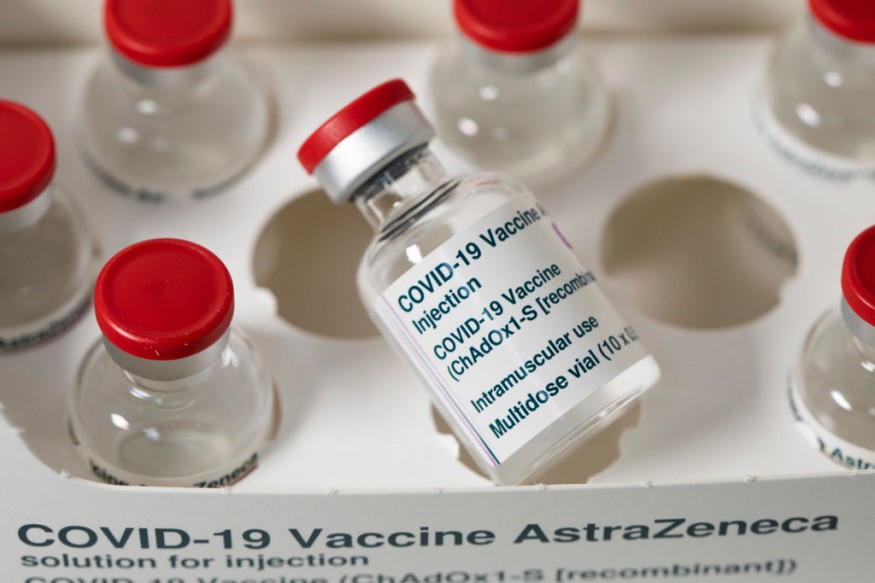AstraZeneca Vaccine Less Effective Against South African Variant

British drugmaker AstraZeneca said on Saturday that its vaccine candidate being developed in partnership with the University of Oxford appeared to offer only limited protection against mild disease caused by the South African variant of COVID-19.
This was according to an early data from a trial, according to a Reuters report.
The study from South Africa's University of the Witwatersrand and Oxford University showed reduced efficacy of the vaccine against the South African variant.
"In this small phase I/II trial, early data has shown limited efficacy against mild disease primarily due to the B.1.351 South African variant," an AstraZeneca spokesman was quoted on a report.
The AstraZeneca spokesman said that, however, they have not been able to properly ascertain its effect against severe disease and hospitalization as its subject were predominantly young healthy adults.
AstraZeneca Vaccine
The company said it believed its vaccine could protect against severe disease as the neutralizing antibody activity was equivalent to that of other COVID-19 vaccines that have shown protection against severe disease.
AstraZeneca vaccine's trial included 2,026 people of which half formed the placebo group. However, the said trial has not been peer-reviewed.
The British Medical Journal said that only a tiny minority are likely to be important or change the virus in an appreciable way.
"Oxford University and AstraZeneca have started adapting the vaccine against this variant and will advance rapidly through clinical development so that it is ready for Autumn delivery should it be needed," the AstraZeneca spokesman was quoted.
South Africa Halts AstraZeneca Vaccine
Meanwhile, South Africa has suspended plans to vaccinate its front-line health care workers with the AstraZeneca vaccine after a small clinical trial suggested that it is not effective in preventing mild to moderate illness.
South Africa got its first one million doses of the AstraZeneca vaccine last week. In addition, it was expected to begin giving shots to health care workers in mid-February, according to an NBC News report.
Health Minister Zweli Mkhize said Sunday night that the variant appears to be more infectious and is causing a deadly resurgence of the disease in the country. Mkhize added that more than 90 percent of COVID-19 cases were accounted for it.
Mkhize said that the AstraZeneca vaccine appeared effective against the original strain but not against the variant.
"We have decided to put a temporary hold on the rollout of the vaccine. ... More work needs to be done," Mkhize was quoted on a report.
South African Variant
The South African mutation includes a mutation of the COVID-19 characteristic spike protein, which is targeted by existing vaccines. Officials in South Africa say that the variant is more contagious.
In addition, evidence is showing that it may be easier to spread.
Meanwhile, early results from Moderna suggests that its vaccine is still effective against the South Africa variant. However, the immune response may not be as strong or prolonged, according to a BBC report.
At least 20 other countries have also found cases of the South African variant. These countries include Austria, Norway, and Japan.
Subscribe to Latin Post!
Sign up for our free newsletter for the Latest coverage!
© 2026 Latin Post. All rights reserved. Do not reproduce without permission.















